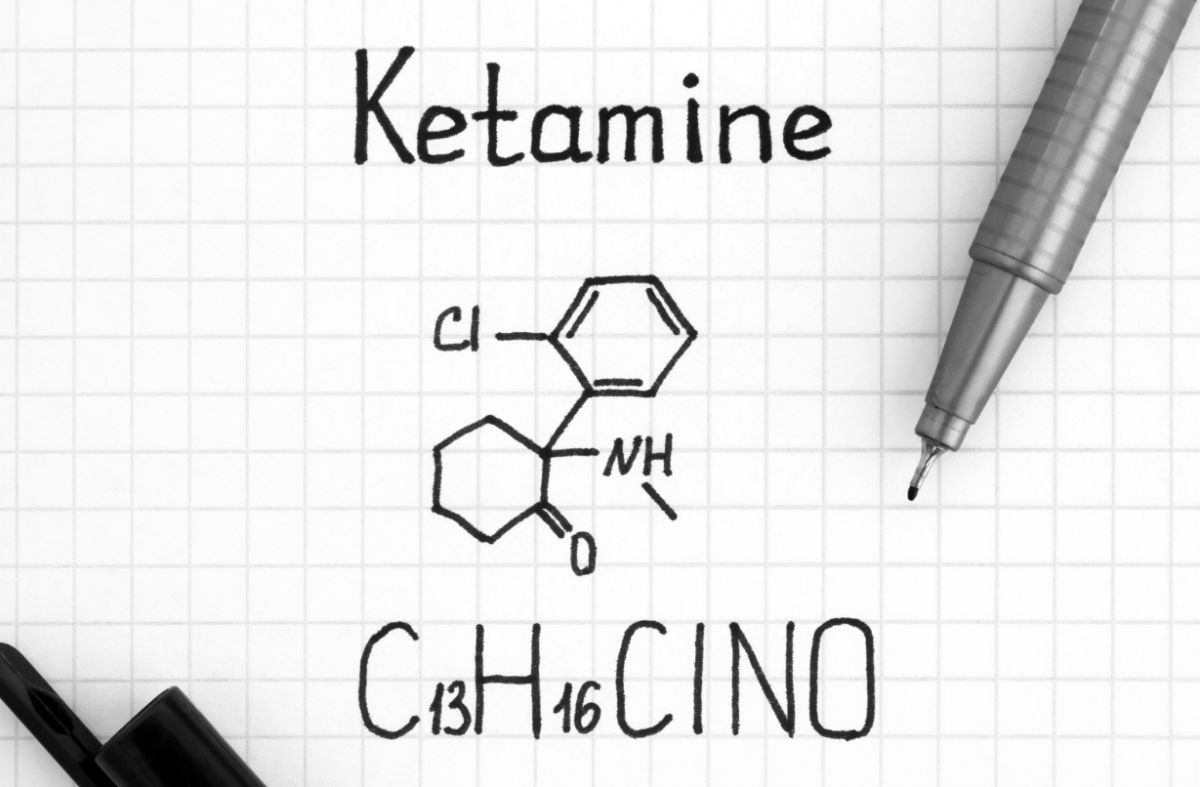Mental health is super important for our overall well-being, but it can be confusing. Lately, ketamine has shown promise in treating different mental disorders. This gives hope of optimum wellness to lots of people being treated by Ketamine.
This blog post will talk about the types of mental disorders treated by Ketamine. Read on and learn more about this new treatment.
What Is Ketamine?
Ketamine is a medication traditionally used as an anesthetic. It has also been used in chronic pain management. Recently, its use has expanded into treating mental health conditions.
This shift in its application is due to its unique properties. These properties have made it effective in treating various mental disorders.
How Ketamine Works
Ketamine works by targeting the brain’s glutamate system. This system plays a key role in mood regulation and cognition. By interacting with this system, ketamine can help reduce symptoms of known mental health conditions.
Conditions Treated by Ketamine
Depression
Depression affects millions of people worldwide and is a leading cause of disability. Traditional antidepressants can take weeks or even months to work. This leaves patients struggling with their symptoms in the meantime.
Major Depressive Disorder (MDD)
Major depressive disorder is a common but serious mood disorder. Individuals with MDD experience the following:
- persistent sadness
- loss of interest
- physical and emotional problems
Ketamine produces fast antidepressant effects. They often happen within hours of taking it.
Treatment-Resistant Depression (TRD)
Ketamine offers a ray of hope for people struggling with treatment-resistant depression. Unlike traditional antidepressants, ketamine has shown promise. It offers relief to those who have not responded well to other treatments.
Postpartum Depression
Postpartum depression affects new mothers. It can harm their well-being and ability to care for their newborns. Ketamine has shown promise in easing symptoms fast. It offers a much-needed option now.
Anxiety Disorders
Anxiety disorders are very common in mental health. Sometimes, traditional treatments may not give enough relief.

Generalized Anxiety Disorder (GAD)
Generalized anxiety disorder means worrying a lot about everyday things. It can make life harder. Ketamine infusions can help calm anxiety and make you feel better.
Social Anxiety Disorder
Social anxiety disorder makes people very scared of social situations. They worry about what others might think. This can make it hard to make friends or succeed at work.
Ketamine therapy can reduce social anxiety. This helps people feel more comfortable in social settings.
Panic Disorder
Panic disorder involves sudden, intense panic attacks. They can be really scary and make you worry about having more. Ketamine has been found to help decrease the frequency and intensity of these attacks. This can lead to a more stable situation overall.
Bipolar Disorder
Bipolar disorder is a mental health condition characterized by extreme mood swings. Ketamine infusions for bipolar stabilize these mood swings. This provides much-needed relief for those with this disorder.
Bipolar I Disorder
Bipolar I disorder involves severe mood swings. These include manic and depressive episodes. Ketamine can help stabilize mood and reduce depressive symptoms. This helps make it easier to manage the disorder.
Bipolar II Disorder
Bipolar II disorder is characterized by less severe manic episodes (hypomania). But with more intense depressive episodes. Ketamine therapy can relieve depressive symptoms. It helps people keep a more balanced mood.
Cyclothymic Disorder
Cyclothymic disorder is a milder form of bipolar disorder. It has less severe mood swings but is still impactful in daily life. Ketamine treatment can help smooth out these mood variations, providing a more stable emotional state.
Post-Traumatic Stress Disorder (PTSD)
Post-traumatic stress disorder is a mental health condition. It can develop after someone experiences or witnesses a traumatic event. Ketamine can help reduce symptoms allowing individuals to process their trauma more effectively.
Combat-Related PTSD
Many veterans and active-duty military personnel are affected by combat-related PTSD. It causes ongoing stress from traumatic events in combat. Ketamine can help lessen PTSD symptoms, bringing relief to those who have served their country.
Non-Combat-Related PTSD
Non-combat-related PTSD can result from various traumatic events such as:
- accidents
- natural disasters
- violence
Ketamine therapy can help manage symptoms. It lets people process and move past trauma.
Complex PTSD
Complex PTSD occurs when someone has been through a lot of trauma over a long time, especially during childhood. This can lead to strong emotions and problems in how they connect with others. Ketamine might ease the symptoms, making it easier for them to recover.
Obsessive-Compulsive Disorder (OCD)
Traditional OCD involves intrusive thoughts (obsessions) and repetitive behaviors (compulsions). These can be distressing and time-consuming. Ketamine has been found to reduce the severity of symptoms, allowing individuals to regain control over their lives.
Pure Obsessional OCD
Pure obsessional OCD involves obsessive thoughts without the accompanying compulsions. This can be just as distressing as traditional OCD. Ketamine therapy can help manage these intrusive thoughts, providing relief.
Treatment-Resistant OCD
Treatment-resistant OCD does not respond to standard treatments like medication and therapy. Ketamine offers a new avenue of hope for those struggling with this condition, providing significant symptom relief.
Eating Disorders
Eating disorders are complex mental health conditions that involve unhealthy eating habits and a distorted body image. These disorders can have severe physical and psychological consequences.

Anorexia Nervosa
Anorexia nervosa involves an intense fear of gaining weight and a distorted body image. It can have serious physical and mental health consequences. Ketamine has shown potential in reducing anxiety and depressive symptoms associated with anorexia, aiding in recovery.
Bulimia Nervosa
Bulimia nervosa involves cycles of binge eating followed by purging. This can cause severe physical and emotional distress. Ketamine therapy can help manage the underlying anxiety and depression, supporting a healthier relationship with food.
Binge-Eating Disorder
Binge-eating disorder involves consuming large quantities of food in a short period without subsequent purging. This can lead to feelings of guilt and shame. Ketamine has been found to reduce these negative emotions, aiding in the treatment process.
Consult a Healthcare Professional to Know if Ketamine is Right for Your Optimum Wellness
In conclusion, ketamine treatment gives hope to those with mental health problems. It quickly relieves depression, anxiety, PTSD, and other disorders. As research progresses, more effective mental health solutions will emerge.
The path to optimum wellness is tough. But knowing about and considering treatments like ketamine is key. Consulting professionals is vital to find the best recovery path.
For more insightful content on a variety of topics, be sure to explore our other articles on the blog.


